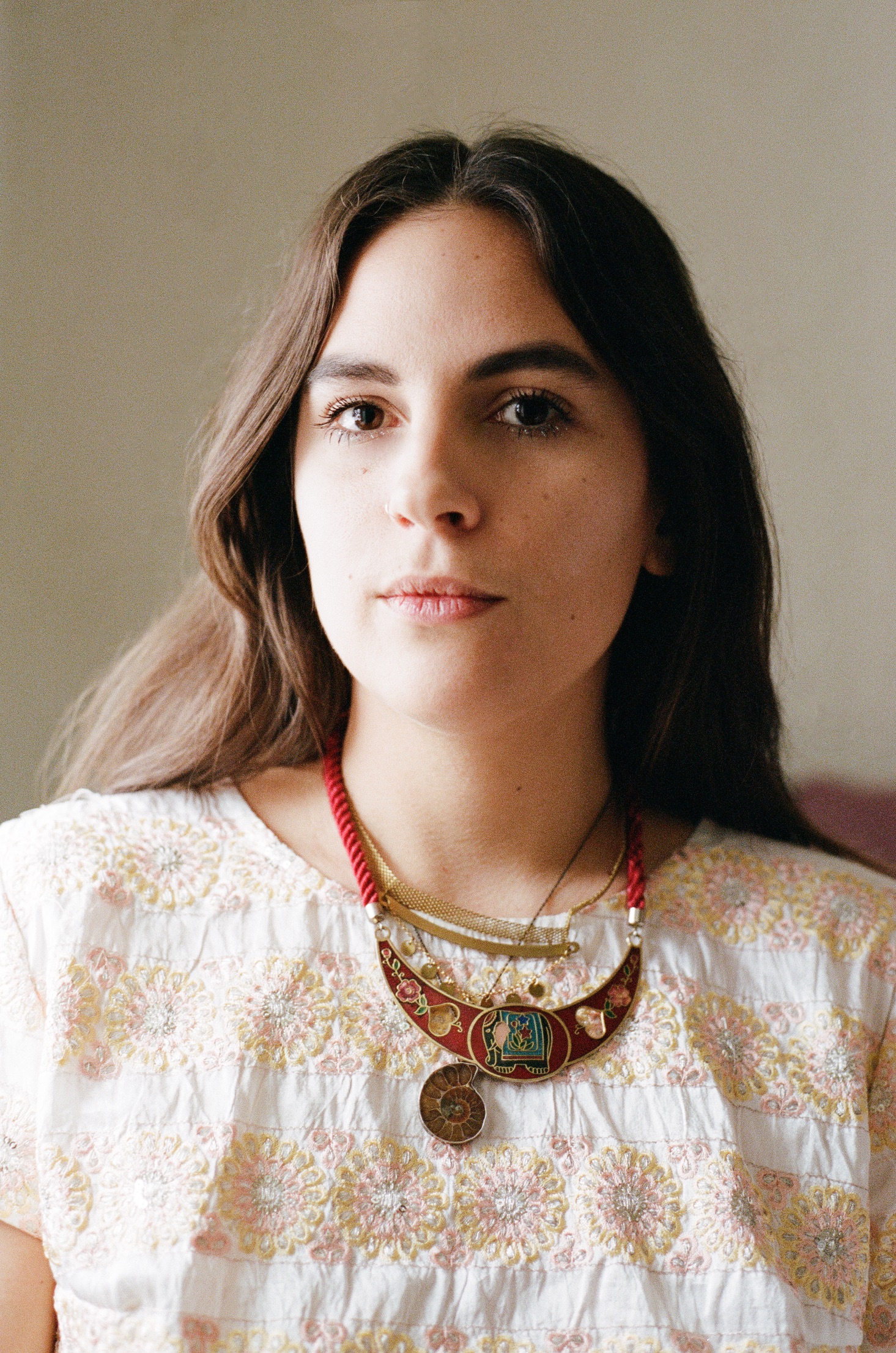
By Ashley Opheim
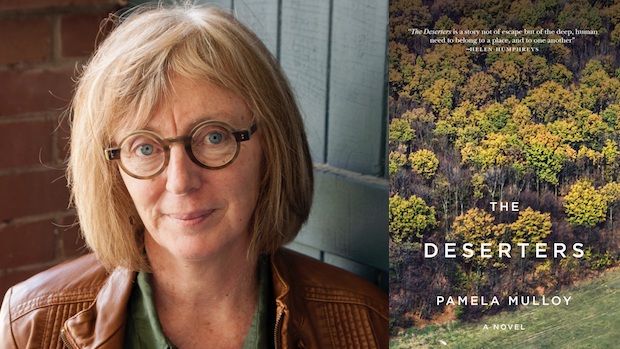
As a former soldier in the Iraq War, Dean knows he’s being trailed. He catches Eugenie, whose dilapidated New Brunswick farmhouse he’s been working on, following him into the backwoods of her property where he’s set up camp.
By Molly Zapp
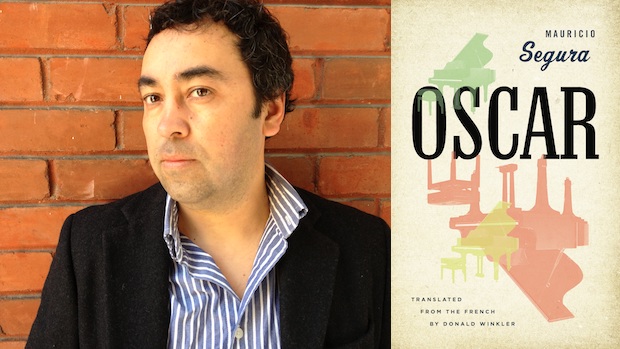
Though it is a fairly slender book, Mauricio Segura’s novel Oscar practically bursts at the seams with historical events, colourful characters, and timeless themes. Based loosely on the life of pianist Oscar Peterson, the novel’s heart and soul lies in Montreal’s Little Burgundy neighbourhood, its bustling life seen through the eyes of a thriving black, immigrant community.
By Bronwyn Averett
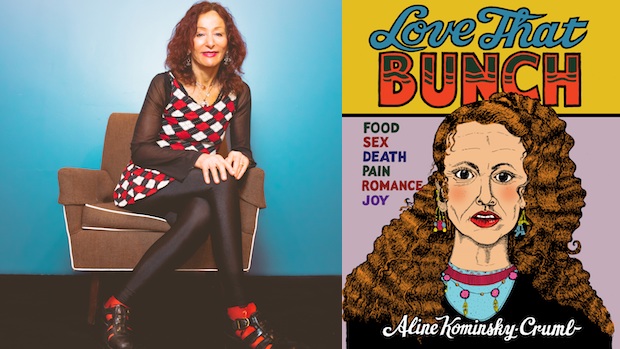
The first thing that hit me in my experience of Aline Kominsky-Crumb’s Love That Bunch was the looming, powerful presence of bodies in the comics. The force of the bodies was overwhelming. It wasn’t a cerebral experience – it was physical.
By Sarah Mangle
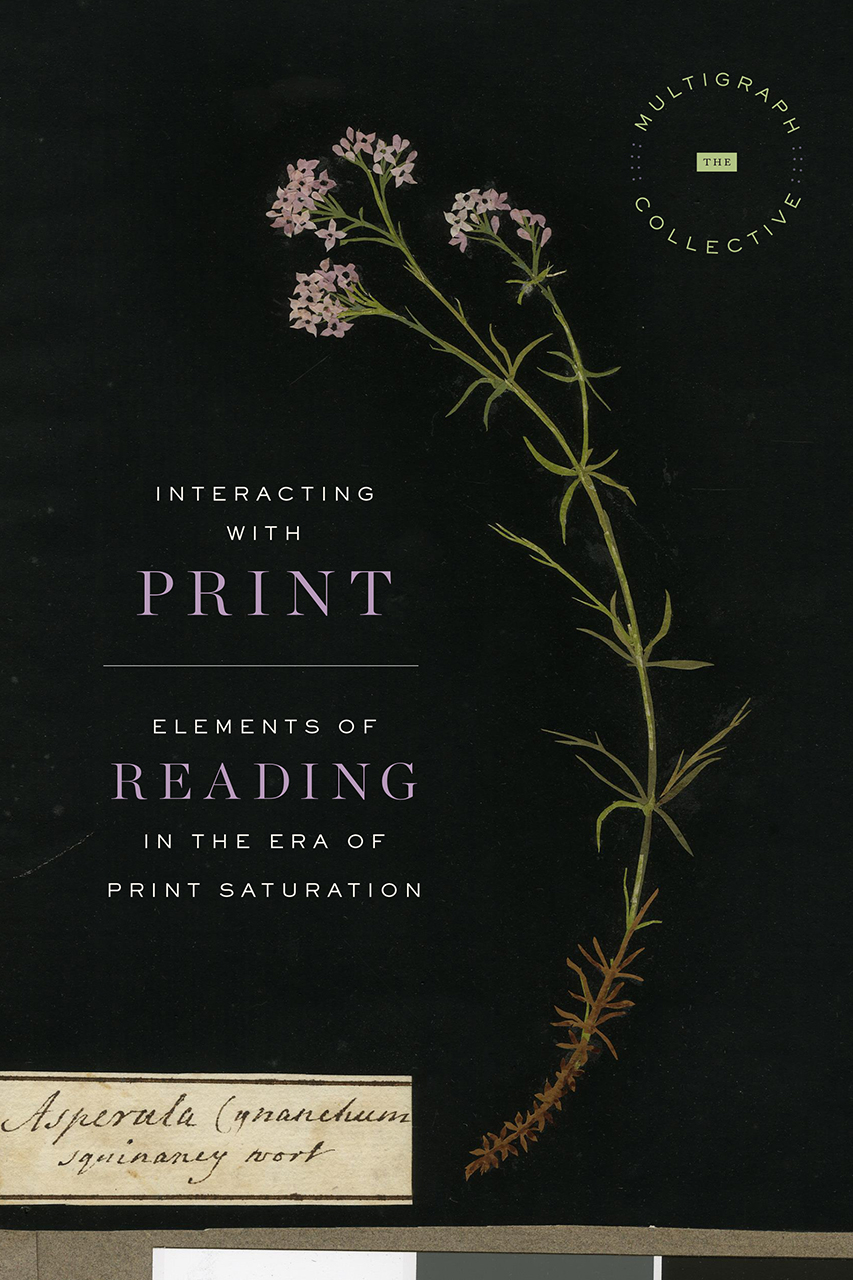
As the movable type printing press spread across Western Europe in the latter half of the fifteenth century, it’s estimated that Europeans printed around twelve million books. By the eighteenth century, they printed one billion. Such exponential growth began a period, roughly from 1700–1900, during which European culture could “most fully” be described as a print culture, according to the authors of Interacting with Print: Elements of Reading in the Era of Print Saturation.
By Kenneth Gibson
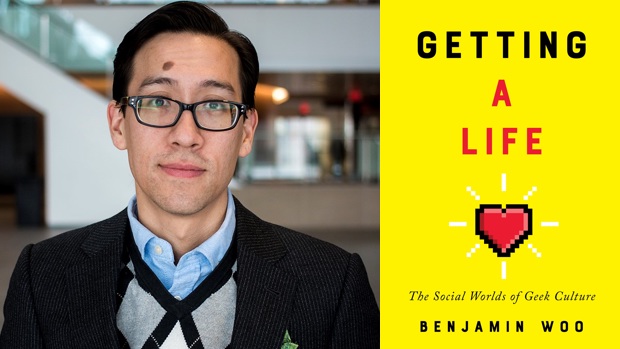
I come to Benjamin Woo’s book Getting a Life: The Social Worlds of Geek Culture not as a hostile observer of the culture he examines, but as a baffled one.
By Ian McGillis
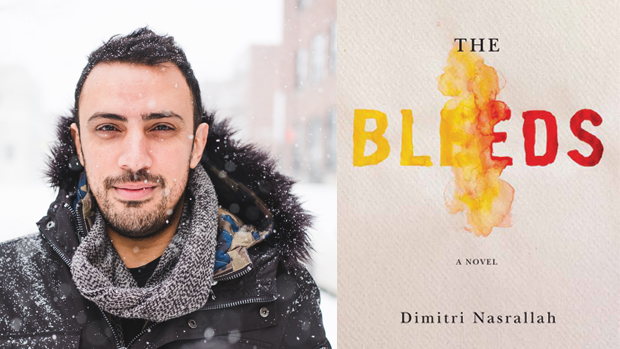
The political turmoil of the Middle East has been the backdrop for much of Dimitri Nasrallah’s work. He returns to it with a new perspective in his latest novel, The Bleeds.
By Jeff Miller

A question from a friend was the catalyst for Museum of Kindness, Susan Elmslie’s latest book of poems. “She asked me, ‘What’s your genre?’” the poet recounts, “And she meant, essentially, what metaphor speaks to where you are in your life right now?”
By Abby Paige
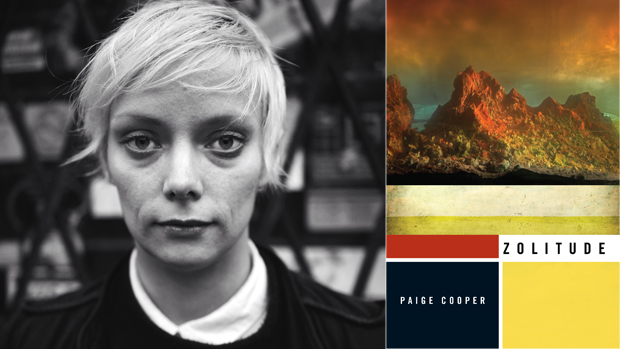
Zolitude is Cooper’s first short story collection, but it reads like the work of a far more seasoned writer. Her stories are painful and wise, ugly and moving, and at their best, reveal uncomfortable truths about human connection and its limits.
By H Felix Chau Bradley
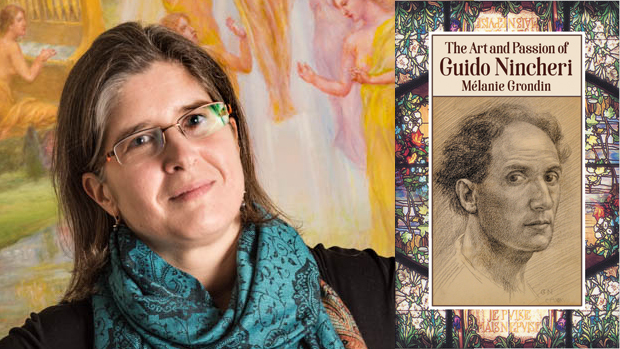
In The Art and Passion of Guido Nincheri, biographer Mélanie Grondin describes the artist in various phases of his personal and professional life. She examines Nincheri’s artwork, in Canada and the United States, in great detail and includes thirty-two colour plates of his art.
By Licia Canton
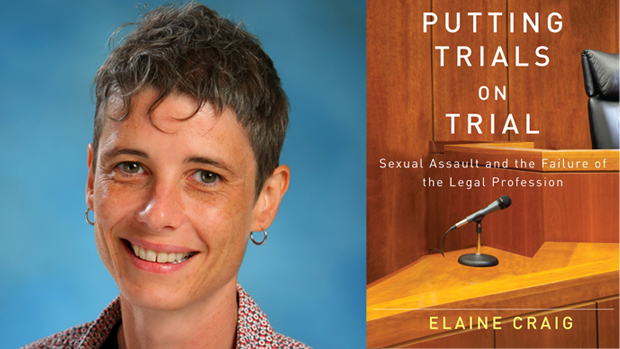
My experience encapsulates two facts underlined in Elaine Craig’s thorough Putting Trials on Trial: Sexual Assault and the Failure of the Legal Profession: those who experience sexual assault are overwhelmingly female, and only a small fraction of women end up taking the accused assailant to court. I did, and it was not a positive experience.
By Erin MacLeod
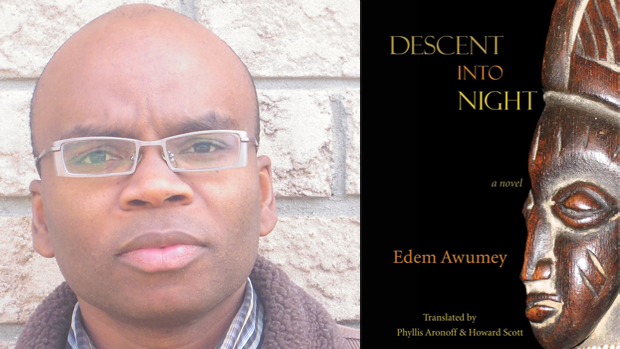
If you seek something harrowing and suffused with poetic elegance, this may be the book for you. With a sensual realism that at times bleeds into fantasy, Awumey lays before us the life of West African playwright Ito Baraka.
By Dean Garlick


